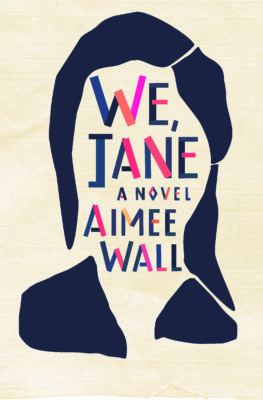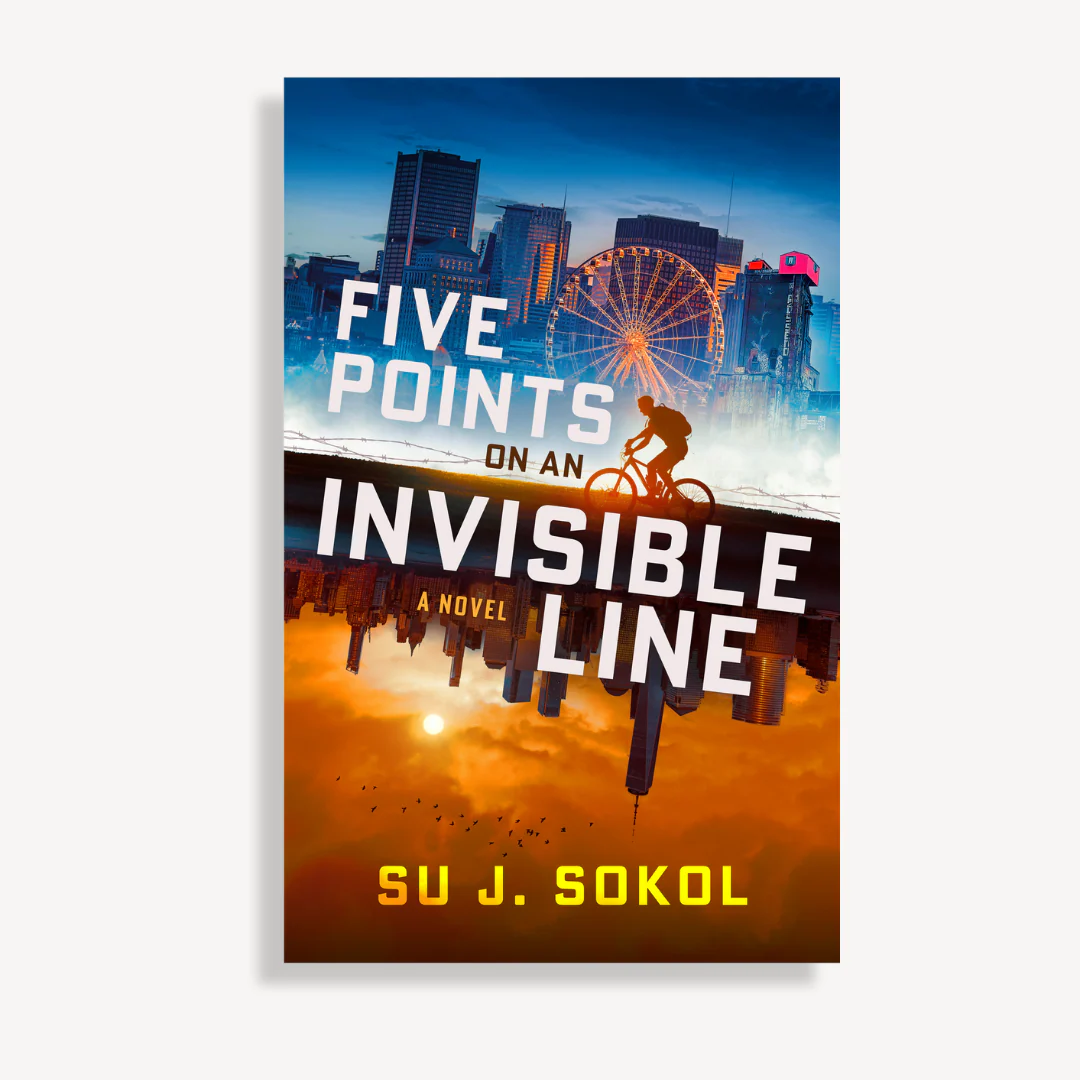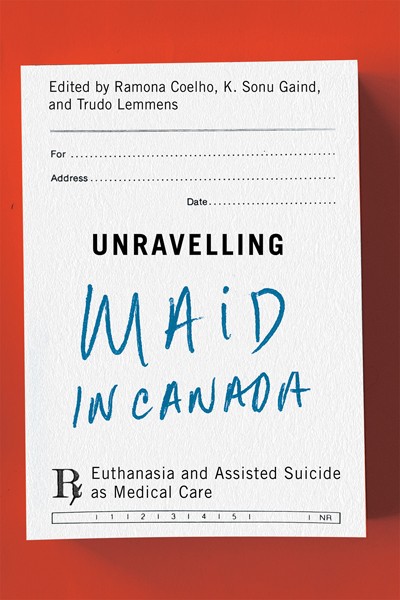To find new beginnings through loss is a true challenge that some of us have experienced in our lives. The pain, the emptiness, the questioning, the need to change our life around and go on to find new experiences are crucial to finding meaning after deeply impactful events. In Aimee Wall’s first novel, We, Jane, we are the first witness to the turmoil of Marthe, a young woman from Newfoundland. After an abortion and a breakup, she is pondering her own path and her role in the world when she encounters another woman from her home province.
Abortion is the main character in Wall’s novel, driving Marthe to question herself and seek a new meaning to her life. It takes place in the early pages of the novel and triggers the rest of the story. From her breakup to meeting the elusive and mysterious “Jane,” abortion then takes Marthe back to Newfoundland, back to her roots and her own identity.

We, Jane
Aimee Wall
Book*hug Press
$23
paper
205pp
9781771666701
From then on, her fellow Islander is named “Jane,” as she incarnates this community in Marthe’s head. Their relationship takes an interesting turn; as much as “Jane” seems to give a purpose to Marthe, she also shows signs of being abusive, and the friendship quickly turns toxic. “Jane” starts shaming Marthe or makes her doubt herself about her dedication to becoming part of Jane.
Marthe will do whatever it takes to prove her new friend wrong, eventually returning home to learn from Trish, a midwife who is not only her friend’s mentor, but also the one who will pass on her knowledge about abortion. When she discovers that her friend might have manipulated her into coming back home, Marthe feels deceived and asks herself if she wanted to return to Newfoundland to find her purpose or only to follow her new, mysterious friend.
Men are virtually nonexistent in the story. When they appear, it’s to fulfill a very superficial role, which mirrors the one sometimes given to women in male-written novels. Wall appears not to want men to take away from a story that shares the intricate dynamics be- tween the characters, all women. This gives another layer to the story as it connects the characters to the very intimate act that is abortion, a procedure that impacts women first and foremost, putting them at the forefront of the novel.
Wall, who is originally from Newfoundland, gives a remarkably beautiful depiction of the island while describing how much it has changed throughout the years. Subtly attacking the gentrification of both Newfoundland and Montreal, she personifies her character’s feeling about belonging. Marthe doesn’t feel like she belongs to any group or community, hence why she thinks Jane is her only hope – the answer to all her problems.
The book is ultimately a feminist tale, one that shows how complicated and manipulative relationships between women can be, while implying the necessity of coming together for a greater purpose. We, Jane is captivating, well written, and mostly an important read for any woman who, through loss, wants to find a new beginning. mRb





0 Comments